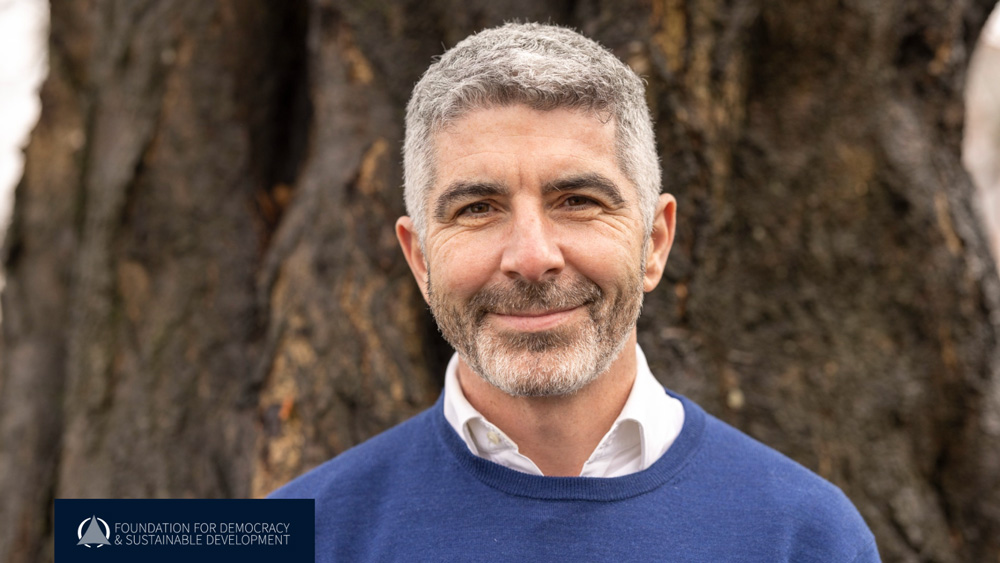Introduction
The grand challenges of our time – climate change, biodiversity loss and excessive inequality – are proving difficult for our current liberal democracies to tackle effectively. The inability to address them will not only negatively affect people’s lives in the short and long-term, but also likely endanger the preconditions of any future democracy – through, for example, reduced social cohesion, excessive technocratic decision-making, or more authoritarian politics.
This briefing paper explores a range of tensions between existing liberal democracies and sustainable development, whose recognition, negotiation and potential resolution, may better enable long-lasting and beneficial solutions to be developed and implemented.
At one level, the ideas and reality of sustainable development and existing liberal democracies overlap and are interdependent. For example, common to most accounts of both sustainable development, and democracy, is participation – the ability of all people to equitably come together and be involved in decisions about how we live, and the goals we want to achieve together.
However, there are also tensions and differences between the two ideas and practices.
At the same time, there has been a related and worrying worldwide trend of increasingly negative attitudes to some fundamental democratic principles, and growing threats to the core institutions and practices of democracy. Whilst solutions are being proposed to address these problems, discussions over the future of democracy, and how best to secure sustainable development, generally take place separately.
The purpose of this paper, and the rationale for the Foundation for Democracy and Sustainable Development itself, is to consider these two urgent and fundamental challenges at the same time, recognising their deep inter-relationships, and hence the necessity of tackling them simultaneously.
Whilst primarily aimed at a UK audience, it draws from examples and thinking around the world. Some potential and actual solutions are being developed in the UK and internationally. We showcase some of these on our website, and work with partners to highlight further ideas and practices, and help develop new ones.
Tensions
| Existing liberal democracies | Sustainable development |
| Tendency to short-term thinking, activity and policy design | Greater focus on long-term impacts, intergenerational equity and environmental stewardship. |
| Dominant ethos of individual freedom | Collaborative ethos |
| Competition between ideas and political parties ensures pluralism, with no single vision of the ‘good life’ or how to get there | Shared goals to co-ordinate activities over time |
| Primary focus on representative government with relatively limited public and stakeholder participation | Emphasis on more extensive public and stakeholder participation and collective decision-making |
| Defined political geographies and legally defined citizens | Recognition that drivers and impacts cross political geographies, time, and levels of governance; affected parties include people in other political jurisdictions, future generations and nature |
| Economic growth seen as measure of success and way to deliver improved quality of life for citizens | Pursuit of individual and societal wellbeing emphasised – integrating economic, environmental and social considerations |
| Environmental limits not systematically taken into account | Environmental limits to economic and social activity |
| Decision-making divided into relatively discrete policy areas (such as health); use of socio-economic tools (eg cost-benefit analysis) for choice and resource allocation | Integrated and precautionary policy in recognition of complex and uncertain impacts and interactions; supported by multi-criteria decision-making tools |
Download
The full paper by Andrea Westall is available for download in pdf.




